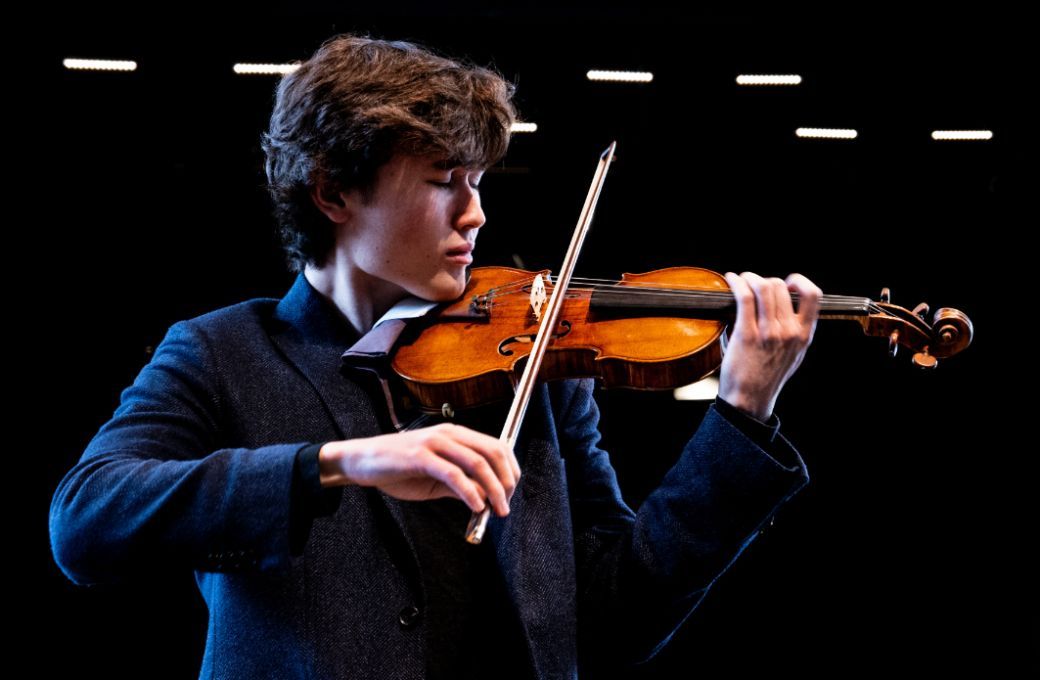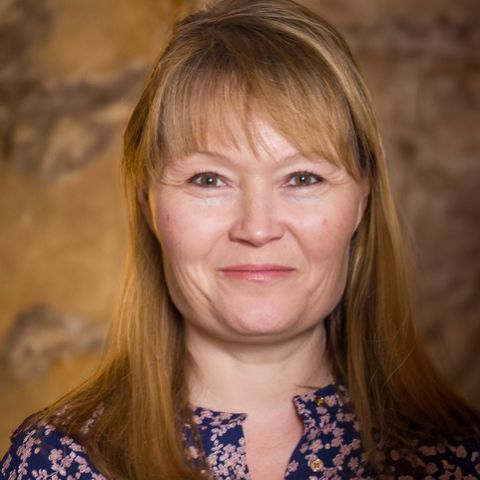Two young men at the outset of their careers joined the stage for a very Russian affair, Swedish violinist Daniel Lozakovich and Tarmo Peltokoski, Rotterdam Philharmonic’s Principal Guest Conductor. Whether coincidence or not, their youthful charms were duly reflected in an unusually young audience. De Doelen’s policy of offering reduced-price tickets to under 30-year-olds, appears to be bearing fruit as audience numbers in this category seem to increase with each visit. The challenge then, is to convince this healthy new audience stream to stay seated until the end of a concert instead of leaving en masse in the middle of the second half. A classical concert is not the cinema.

Daniel Lozakovich’s mesmerising technique in Tchaikovsky’s Violin Concerto in D major was the highlight of the evening. The real powerhouse is his bow arm, frequently used to deadly effect and allowing playing of great delicacy particularly in the higher register. In many ways his playing, with its focus and clarity, harks back to a bygone era. His performance creates a multitude of sound worlds which transports audiences to far off lands. His intimate and reserved Andante opening was a case in point, accompanied most sensitively by the RPO. The clarinettist’s antiphonal arpeggio exchange answering the violin’s exquisite canzonetta melody drew smiles. Cutting through Tchaikovsky’s thick orchestral texture in the Finale, Lozakovich teased phrases, switching seamlessly between fury and restraint. Returning to the stage with Bach’s G minor Sonata confirmed his place as one of the most sought-after violinists of his age.
Shostakovich’s Leningrad Symphony started innocently: Peltokoski’s message was one of hope, belying little of the expected horror ahead. Only with the Allegretto’s bleak second theme did we glimpse cracks in the mirror – the flute blending seamlessly into the violin’s tone. A distant snare drum however, changed everything.
Peltokoski has grown in confidence in the past year. Gestures here were precise and measured and small movements were used to great effect. But as we approached the climax, it was unclear why there was so much restraint. With six trumpets, six trombones and eight horns on stage, the Rotterdam brass needed little encouragement to unleash their full might. Limp cymbal crashes and a weak bass-line added to the disappointment and left thoughts of what might have been.
The disappointment continued. Notwithstanding exquisite woodwind solos – mournful cor anglais, warbling bassoon and ghostly clarinet emerging from the fog – the Moderato and Adagio lacked Shostakovich’s frosty iciness and were just too nice. Where Peltokoski had previously found the line, now everything felt static. Matters improved slightly, but under their new leader, Vlad Stanculesa, the upper strings were not quite the disciplined outfit of old and lacked that incisive bite required to send shivers down the spine. Balance too increasingly became an issue while instructions from the podium momentarily verged on the wild side.
The Finale found the brass in full voice, but Peltokoski still struggled to channel the depths of despair and sorrow which Shostakovich’s music so graphically depicts. All the more disappointing from an orchestra whose blood runs thick with all things Russian. A final battle cry in the closing moments for those who had lost their lives had the audience on their feet.


